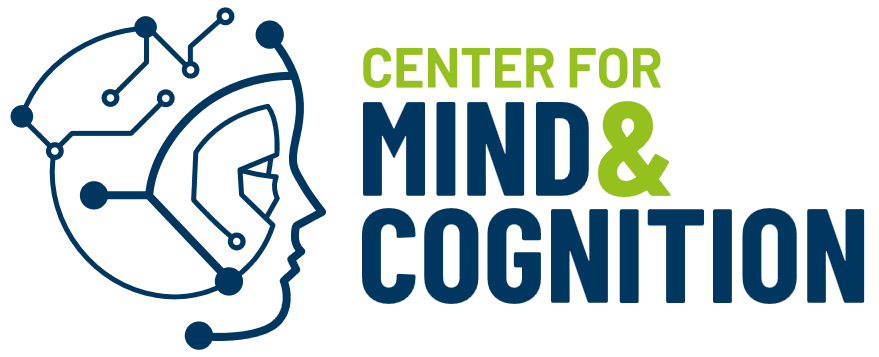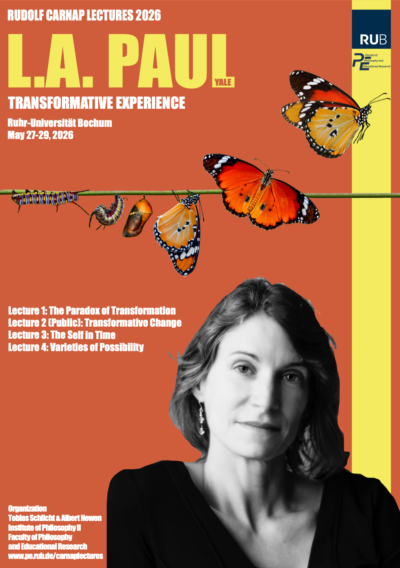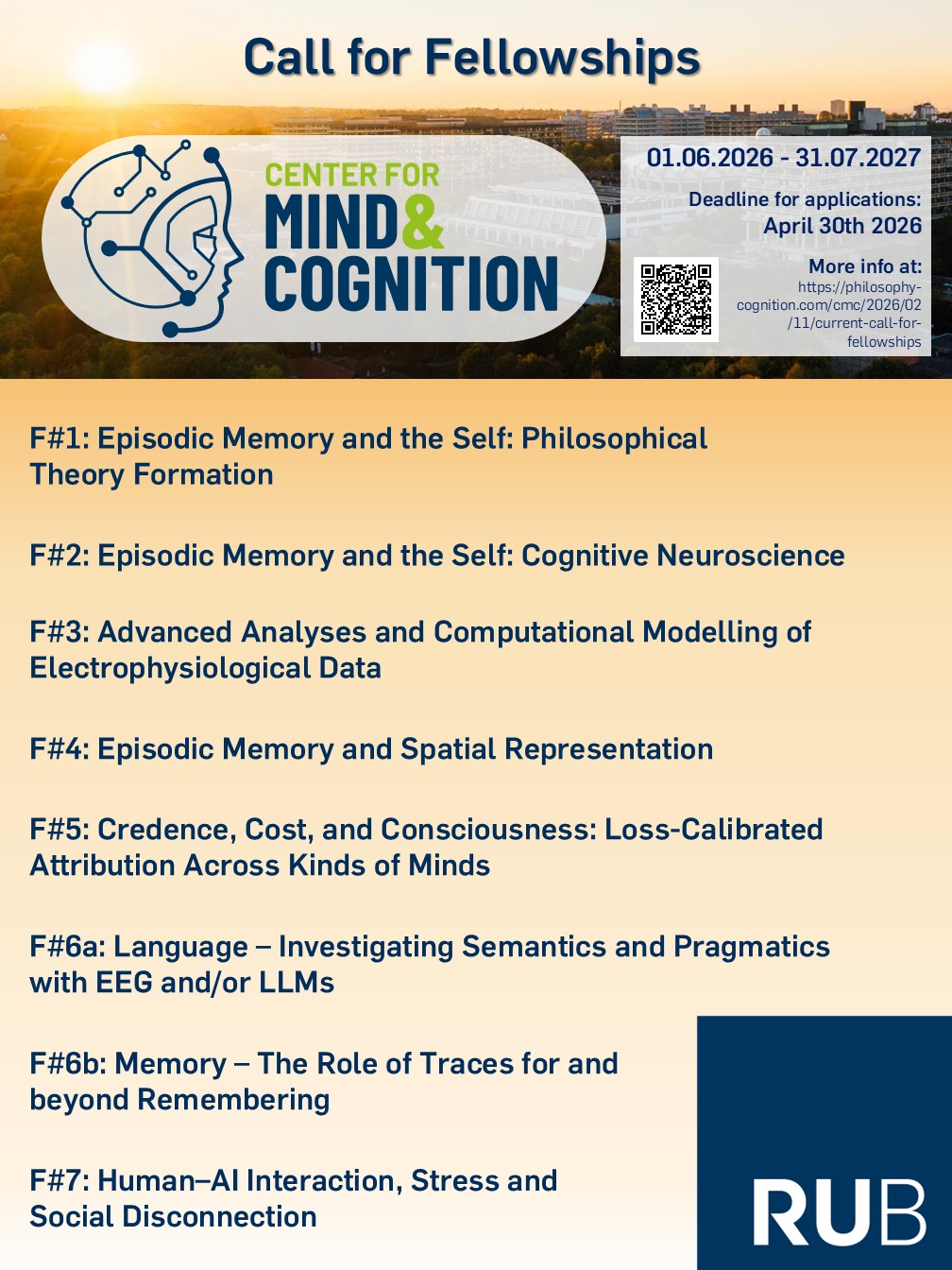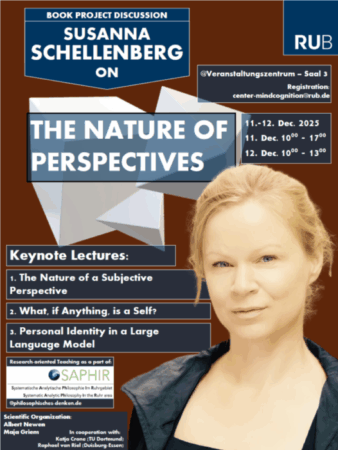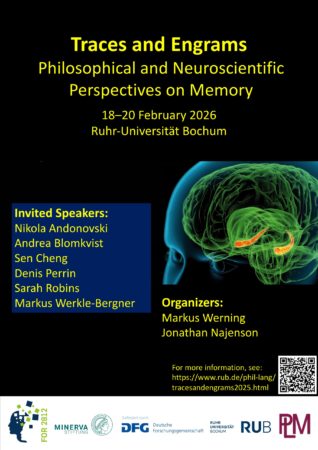Recent News

CfA: RUB-LSE Workshop on Animal Minds
Participation via Zoom is also possible. More information
Call for abstracts: Ruhr-University Bochum & London School of Economics joint workshop “Animal Minds: New Theories and New Observations”, 9th-10th of February 2026 in Bochum, abstract deadline: 01.12.2025
The interdisciplinary workshop “Animal Minds: New Theories and New Observations”, jointly organized by Ruhr-University Bochum and The London School of Economics, will take place on the 9th & 10th of February 2026 at Ruhr-University Bochum, Germany.
The workshop will combine discussions of new theoretical and methodological approaches with presentations of novel empirical findings about animal minds.
The following speakers are confirmed: Colin Allen, Kristin Andrews, Jonathan Birch, Thomas Bugnyar, Tomer Czaczkes, Rebecca Dreier, Leonard Dung, Albert Newen, Simone Pika, Sanja Sreckovic, and Daria Zakharova.
We are inviting contributions from philosophy, psychology, ethology, neuroscience, biology, and other relevant disciplines. Potential topics include, but are not limited to, the following:
- What do we know about capacities such as reasoning, sentience, or social understanding in other species?
- How do the cognitive and affective capacities of different species compare and contrast with each other and with human capacities?
- What is the evolutionary origin of important human psychological features?
- What are promising methodological frameworks and experimental paradigms for investigating animal minds?
- Which theories about animal minds are supported by recent empirical findings?
- What are the promises and limitations of multidimensional profile and signature testing accounts in comparative psychology?
To be considered for a talk (30 minutes + 15 minutes discussion) or poster presentation, please send an abstract of your proposed presentation of up to 500 words (excluding references) to: hilfskraefte-newen@rub.de. The abstract should be anonymous, allowing blinded review, and accompanied by a second Word or PDF file containing author name(s), affiliation(s), and contact details. The deadline for abstract submissions is the 1st of December 2025. We plan to notify everyone about whether their abstract is accepted within two weeks after the deadline.
This joint event is organized by the following team:
Ruhr-University Bochum: Sanja Sreckovic, Leonard Dung, & Albert Newen
London School of Economics: Jonathan Birch
Please direct any questions to: leonard.dung@rub.de
Upcoming Events
Rudolf-Carnap-Lectures 2026: Transformative Experience. with L.A. Paul
Relevant Publications
For full list of selected publications, see the publications page

